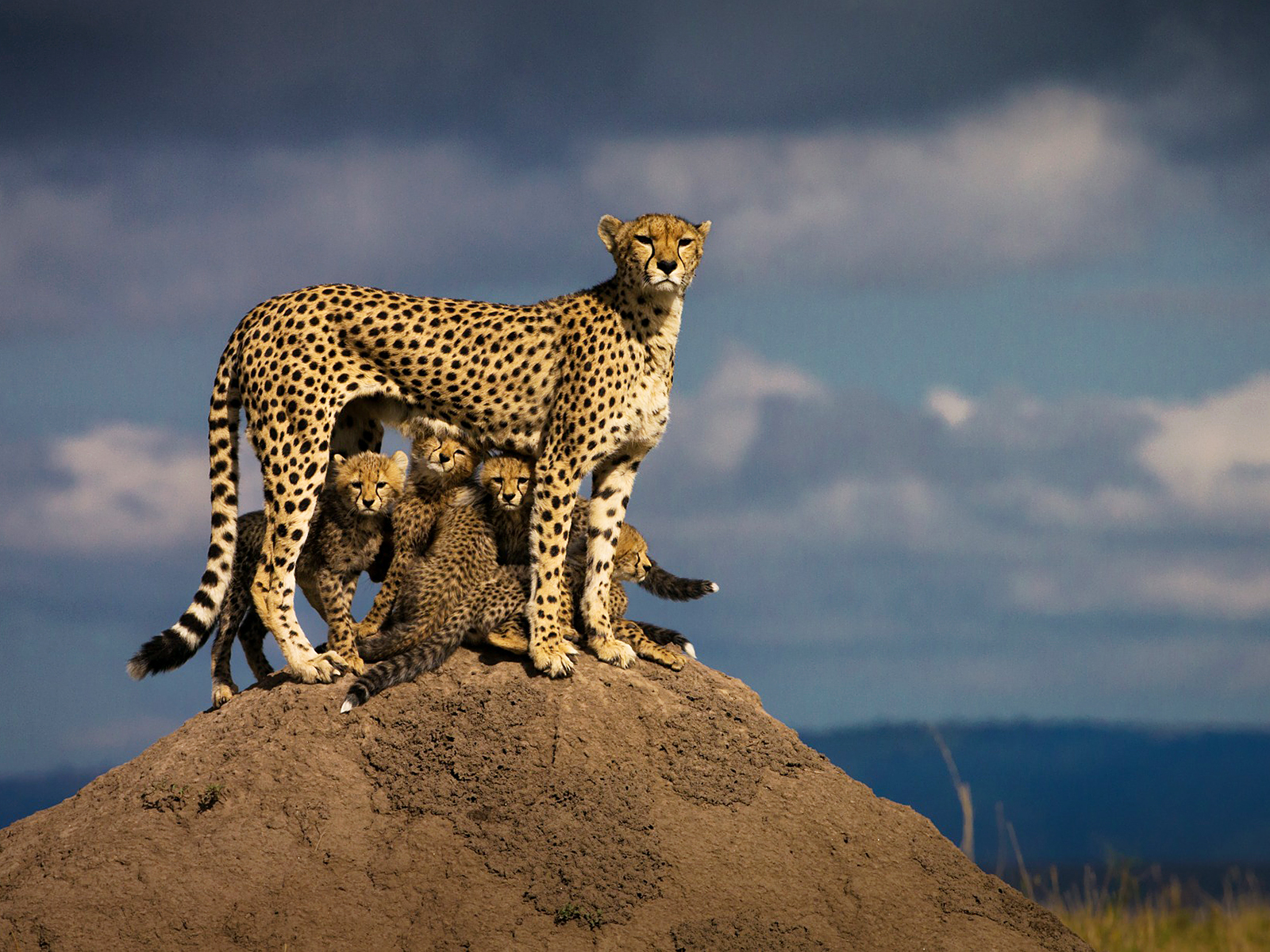
Africa’s $29 billion wildlife and tourism industry threatened by the Coronavirus pandemic
The coronavirus pandemic has affected virtually all sectors of life and Africa’s wildlife tourism industry is also under threat.
The sector which usually generates $29 billion a year and employs 3.6 million people has been affected by a myriad of factors according to a report published by Nature Ecology & Evolution.
The pandemic has brought leisure travel to a near halt and many wildlife-protection services will struggle without money from safaris and hunting. Hardest hit will be countries that boast the Big Five — elephants, lions, buffaloes, leopards and rhinoceroses — such as Kenya, Zimbabwe and South Africa. Others like Uganda, where gorillas are a drawcard, will also suffer.
“Tourism helps governments justify protecting wildlife habitat”, the report said, as “it creates revenue for state wildlife authorities, generates foreign exchange earnings, diversifies and strengthens local economies, and contributes to food security and poverty alleviation”.
Tourism also generates 40% more full-time jobs per unit investment than agriculture, has twice the job creation power of the automotive, telecommunications and financial industries, and employs proportionally more women than other sectors.
Governments face severe budget crises driven by the economic fallout of the COVID-19 pandemic and the cost of relief measures. Shortages will compel policymakers to cut anything perceived as ‘non-essential’.
African wildlife authority budgets, already grossly inadequate, risk being slashed further, jeopardizing wildlife and wildlands.
About 50%, or $30 million, of the Kenya Wildlife Service’s annual budget comes from tourism, while that figure is 80% in Zimbabwe and the same percentage, or $52 million, in South Africa. Half of the budget of the Uganda Wildlife Authority is from tourism to view the mountain gorillas.






